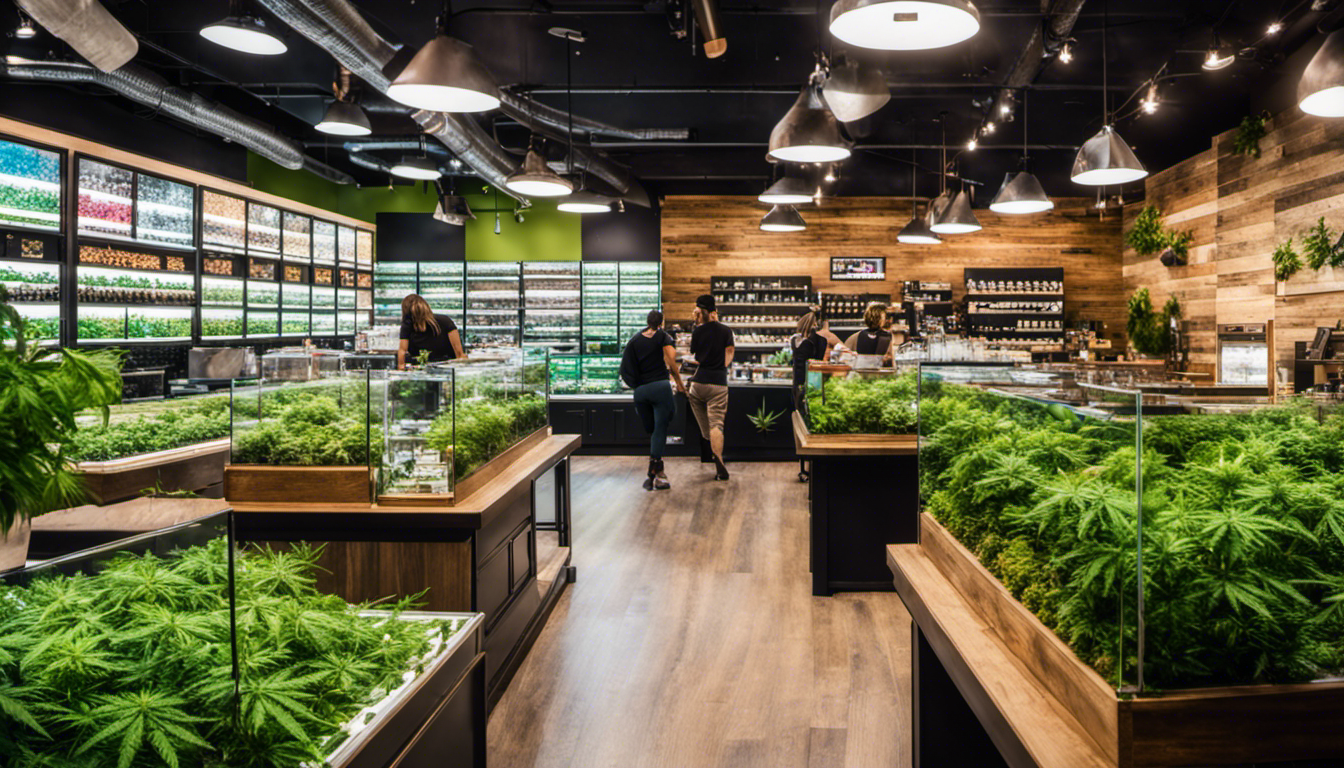Illinois Cannabis Industry Sees “Explosive Growth” with Record Number of Retailers Opening
The Illinois cannabis industry has experienced a significant surge in growth, with a record number of retailers opening their doors in the past year. According to a new report, the state’s cannabis market saw “explosive growth” during fiscal year 2024, with licensed retailers selling over $2 billion worth of legal products.
The report, compiled by the Cannabis Regulation Oversight Office, highlights the state’s efforts to promote social equity in the industry. Since the legalization of cannabis in Illinois, the state has issued 82 new retail licenses, many of which are owned by social equity licensees. This growth has created new jobs and increased access to cannabis for consumers.
The report also notes that the state’s cannabis industry has seen a significant increase in sales, with the total value of cannabis products sold reaching over $2 billion in fiscal year 2024. This growth has been driven in part by the state’s efforts to promote tourism, with many out-of-state visitors traveling to Illinois to purchase cannabis products.
Despite the growth, the report also highlights some challenges facing the industry. For example, social equity licensees continue to face barriers to entry, and many are struggling to get their businesses off the ground. Additionally, the report notes that the state’s cannabis testing laboratory is still under construction, which has caused delays in the testing and approval of cannabis products.
The report also includes data on the state’s cannabis-related driving incidents, which have decreased by 43% compared to the previous year. Additionally, the report notes that the state’s law enforcement agencies have conducted 1,015 undercover operations to prevent the sale of cannabis to minors.
Overall, the report suggests that the Illinois cannabis industry is experiencing significant growth and has made significant progress in promoting social equity. However, the report also highlights some challenges that the industry still faces, and the need for continued efforts to promote fairness and access to the industry.












